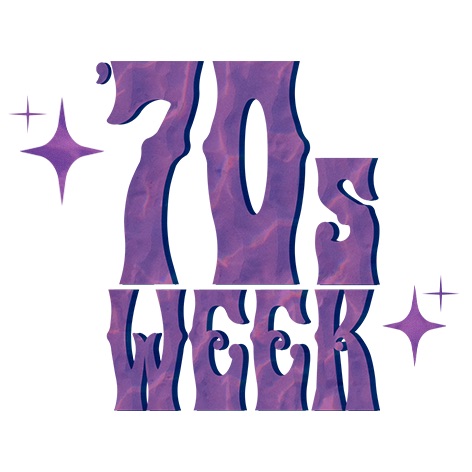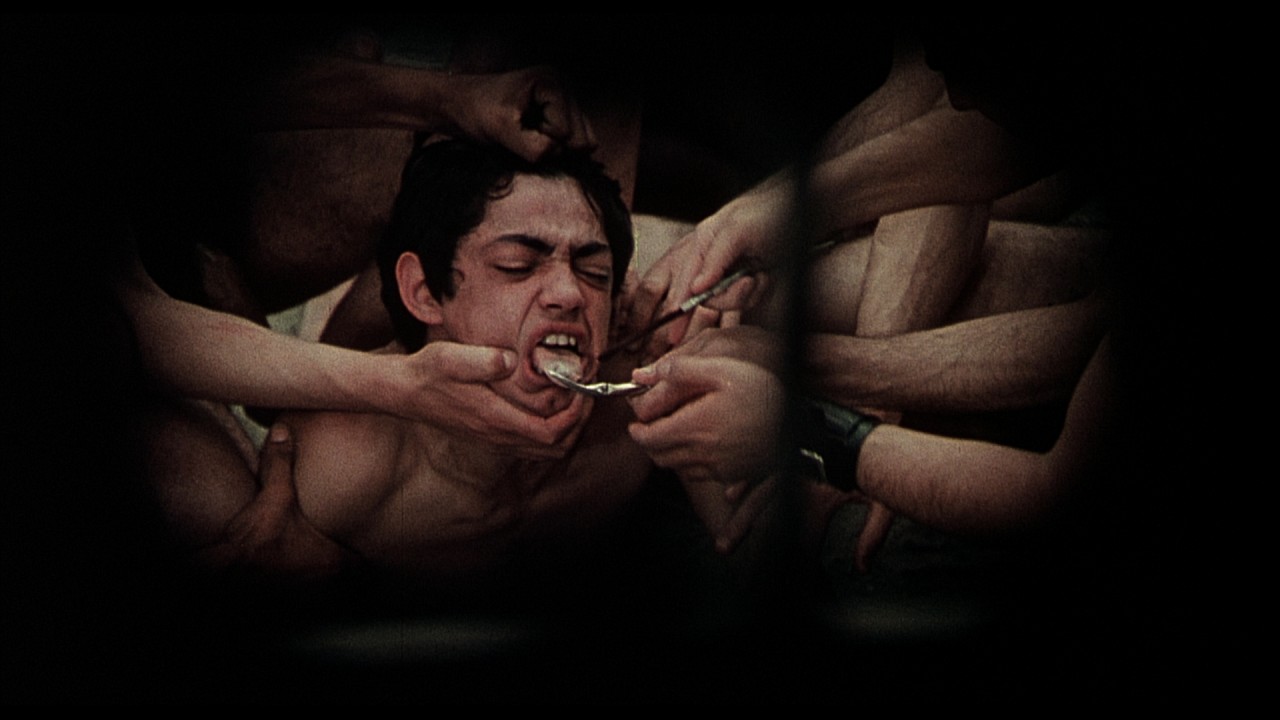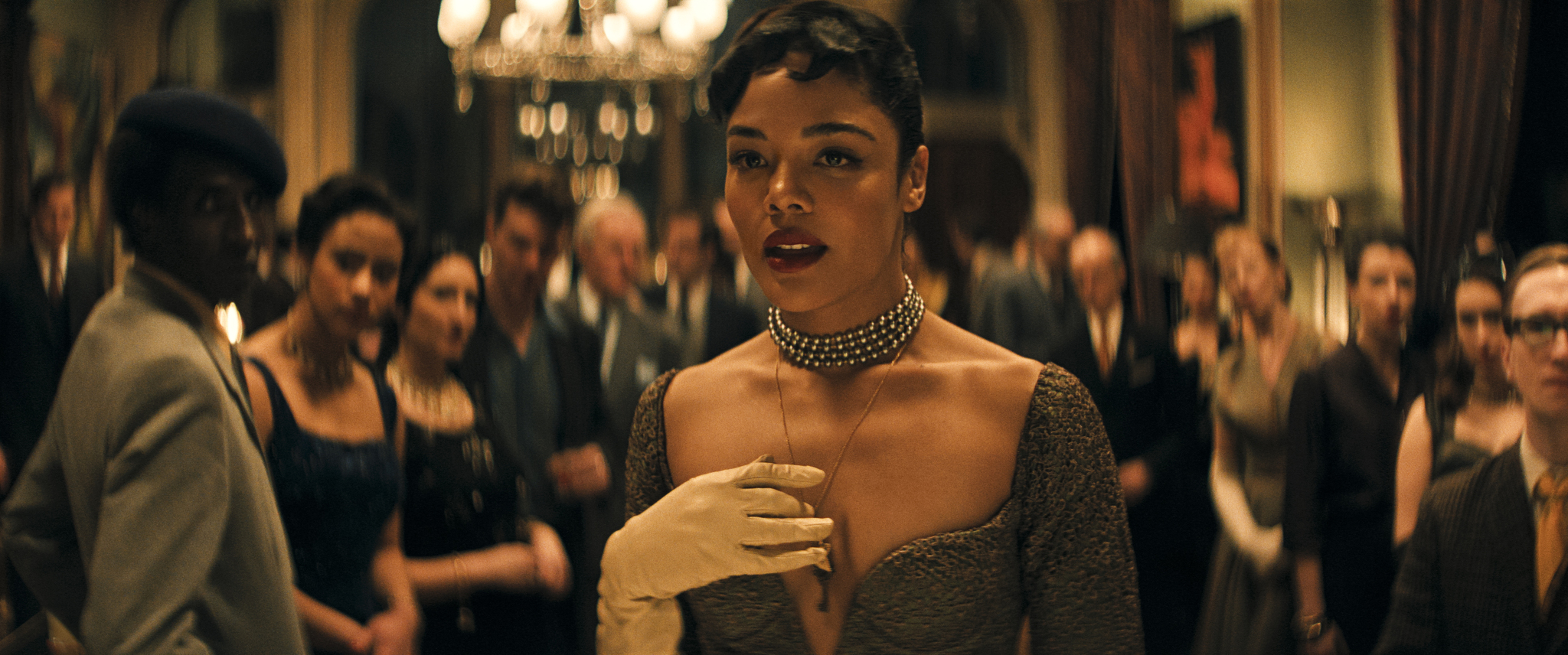
Queer punk filmmaker Bruce LaBruce is one of the best people to talk to about Pier Paolo Pasolini’s shocking high-art-meets-exploitation classic “Saló, or the 120 Days of Sodom” because the Canadian director himself is one who has straddled pornography and art films.
Those include his 2024 depraved family affair “The Visitor,” itself a quasi-remake of Pasolini’s “Teorema,” starring the recently deceased Terence Stamp as a handsome stranger who upends the lives of an upper-class Milanese family by fucking them all, physically and spiritually. Pasolini’s “Saló” too is filled with graphic sex acts — but packaged up in one of the most visually arresting movies of all time, with shots meticulously blocked and adorned like moving, gilded tableaux.
Coprophagy is also a factor in “The Visitor,” and is one of the many still-shocking elements of “Saló,” for which Pasolini’s critique of World War II-era Italian fascism is most infamous. IndieWire polled LaBruce about “Saló” as the director has long been fascinated with Pasolini’s contradictory nature — his atheism, his Catholicism, his homosexuality, and how that’s all bound up in works that both embrace and detest the social order.
Pasolini was an iconoclast up until his death, which has inspired numerous conspiracy theories, LaBruce argues, because so many people wanted Pasolini dead for his art and his views. LaBruce — whose 2013 “Gerontophilia” explored a kind of reverse pederast relationship and is a film that would’ve fit comfortably into Pasolini’s oeuvre — also thinks the nature of Pasolini’s final moments and the viscerality of his murder is a little “fishy.”
The following interview has been edited and condensed for clarity and length.
IndieWire: Pasolini was an artist of enormous contradictions. He was a gay Catholic who was also an atheist. He was also a communist. What do you make of that as an artist who has straddled art film and pornography?
Bruce LaBruce: He embraced both highbrow culture and lowbrow culture at the same time. He wasn’t so interested in anything in between, the bourgeoisie and the petite bourgeoisie, but he liked the intellectual, philosophical class who are educated and are the philosophers and poets. Then, the people who are uneducated and his kind of Spinozan idea that the uneducated are closer to animals and God, really, because they’re not spoiled by knowledge.
When did you first see the movie? I don’t know the release or censorship there. It did make it to the U.S. censored.
It was banned in Canada. I grew up in Ontario, I went to school in Toronto, and we had a notoriously harsh censor board. A lot of ‘70s and ‘80s films were outright banned, like “Saló.” I think it was completely banned; they didn’t even release it with cuts. There was a whole spate of movies they released with cuts, like “The Tin Drum” and Marco Bellocchio’s “The Devil Is a Woman,” and Bertolucci’s “Luna,” and “Sweet Movie.” All those great ‘70s horny classics that are perverse classics were all censored. I guess I saw “Saló” when I was still a film student, but probably just on a VHS or something.
The other day, I put on the Criterion Blu-ray of the movie, and it automatically played the English dub, which makes it somewhat funny in a way, with these kind of transatlantic accents overlapping the Italian. Wouldn’t you say there’s something funny about the movie, as horrific as it is?
I think there’s a camp element in Pasolini’s movie that is somewhat intentional, but camp is tricky that way. For example, Silvana Mangano in “Teorema,” after she fucks two boys in a ditch, and she’s sitting in her car and just starts screaming in her car with her big hair and her makeup. It’s camp. You can’t avoid it. I think “Saló” is more intentionally camp, like the wedding sequence and especially those three older fascists who are in drag and are very over-the-top, theatrical, and perverse. It’s not so much “funny haha,” it’s “funny perverse.” Even the shit scene, you could find some kind of humor in that, but the overriding implications of the film, the critique of fascism and the decadence and moral bankruptcy of the ruling class, and the fascists, is unavoidably cringe.

It’s obviously not a sexy movie, but there are naked twinks here. What are your thoughts on the implications of the movie’s sexualizing gaze?
When I remade “Teorema” as “The Visitor,” or reimagined it, my idea was to make it extremely pornographic, because my theory is Pasolini was moving in a more pornographic direction with his final trilogy of films… “Saló” is kind of pornographic in a way, but in a double sense of the word, like something being pornographic meaning offensively grotesque, like when you say “that’s real estate porn” or whatever; this is like high art porn or kind of fascist porn. I also made a film, “Skin Flick,” about neo-Nazi skinheads, which was a porn, and I was thinking of “Saló” at the same time. They’re having explicit sex in the film, so it’s kind of a jarring juxtaposition.
Do you feel “Saló” is prescient of our current times? The book was set in the 1700s; the movie is in 1940s fascist Italy. There are archetypes you can locate in people of power today.
Yeah, but it’s also timeless, you could say. It’s critiquing the corruption of the autocracies and the ruling classes that transcend time. They’ve been around since the Middle Ages and continue today.
Have you been to the murder site that’s now a park memorializing Pasolini?
I haven’t. My intimacy coordinator on “The Visitor” was born in Ostia. She knows a lot about Pasolini, his death, and the conspiracies. I learned about it from her, and I’ve seen the death photos, of course, but I haven’t done the terror tourism.
Where do you land on the conspiracy of it all?
The thing about Pasolini is there were so many people who wanted him dead. The Catholic mafia wanted him dead. The business community was outraged over “Petrolio,” his last unfinished novel, in which the main character was an oil industry executive and it was partly a critique of the oil industry. He was threatening to make a movie about it as well. There were so many people who wanted to see him dead that it seemed like his death was a little bit too convenient, and also the fact that it happened right after his most controversial film before it was even released. That seems a little fishy. And the fact that he knew Ostia so well and had hundreds of experiences like that before, and it had never happened before.
So who knows? Wasn’t it suspicious he was run over so many times? It was such overkill and such a kind of weird spectacle, almost like sending a message.
IndieWire’s ‘70s Week is presented by Bleecker Street’s “RELAY.” Riz Ahmed plays a world class “fixer” who specializes in brokering lucrative payoffs between corrupt corporations and the individuals who threaten their ruin. IndieWire calls “RELAY” “sharp, fun, and smartly entertaining from its first scene to its final twist, ‘RELAY’ is a modern paranoid thriller that harkens back to the genre’s ’70s heyday.” From director David Mackenzie (“Hell or High Water”) and also starring Lily James, in theaters August 22.



